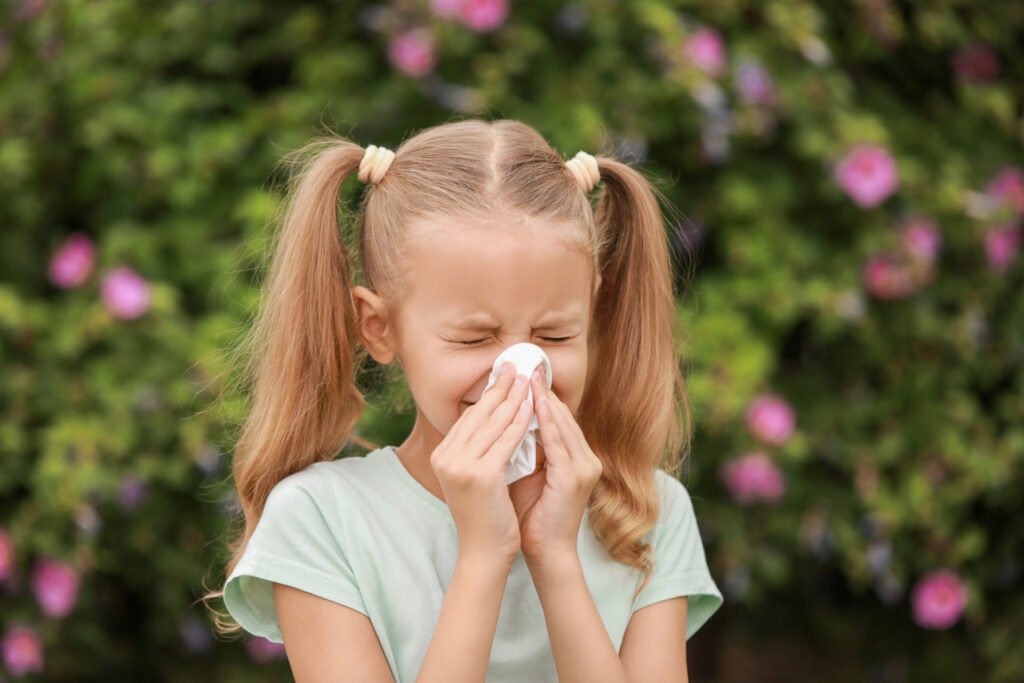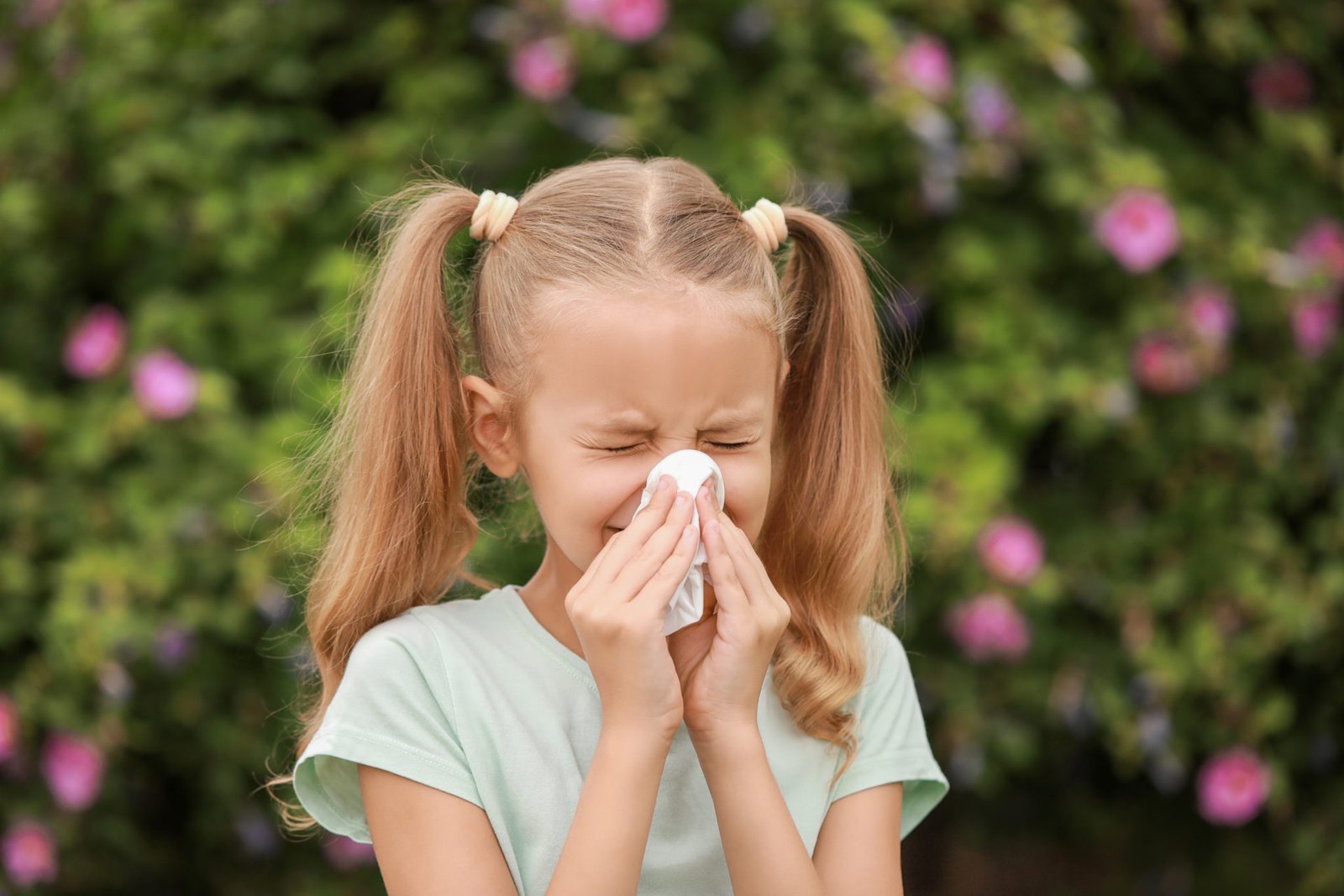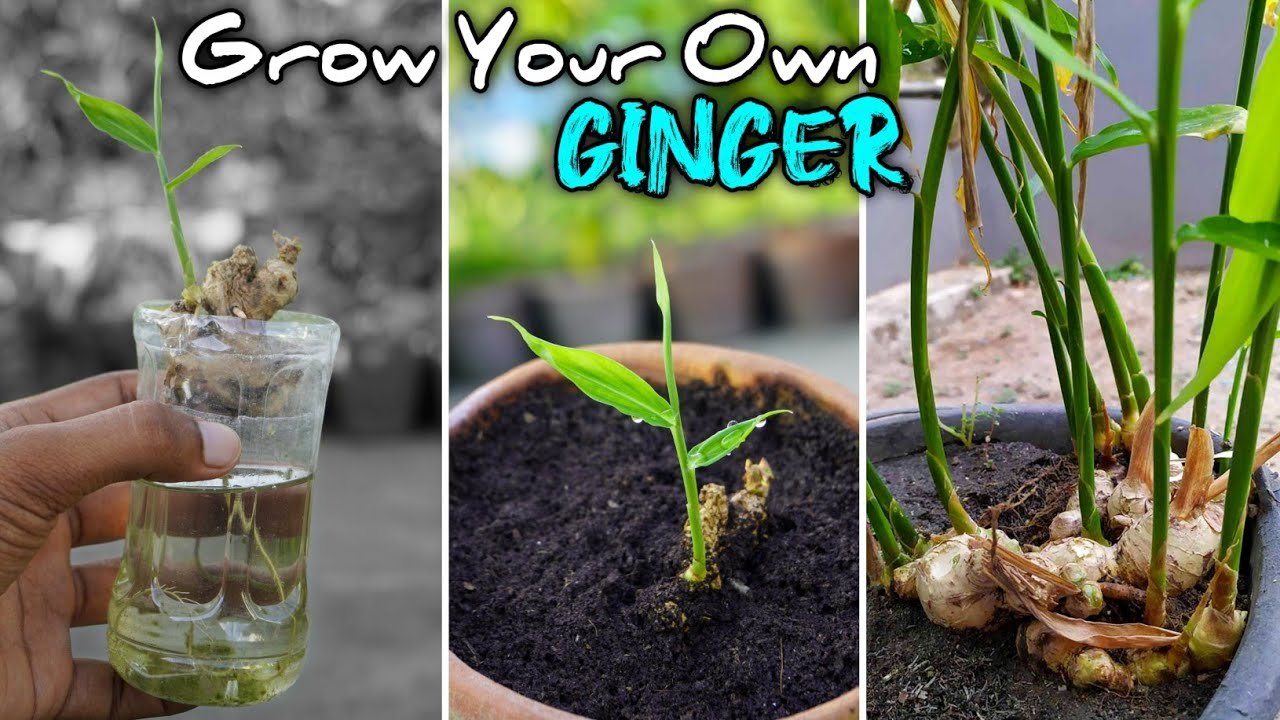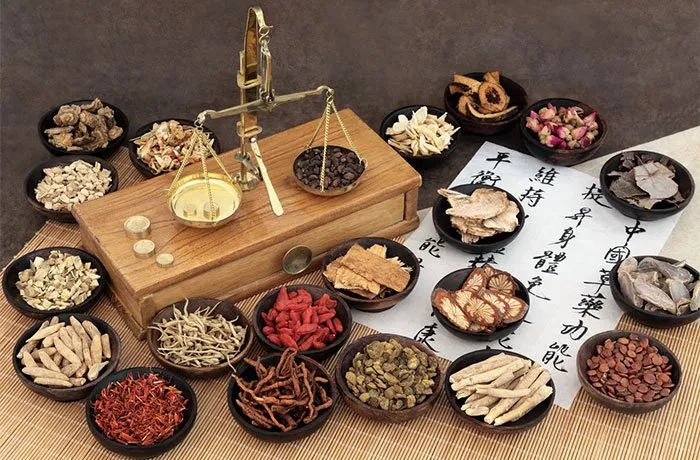
When your little ones suffer from allergies, it can feel overwhelming to watch them sneeze, sniffle, or battle itchy eyes. Finding safe and effective relief is a top priority, especially for younger children and toddlers who might not tolerate over-the-counter medications well. Thankfully, nature provides a wealth of options that can help alleviate symptoms without harsh side effects. This article explores safe herbal allergy remedies for kids and tips to help your child find comfort during allergy season.
Understanding Allergies in Kids
Allergies occur when the immune system reacts to harmless substances, like pollen, dust, or pet dander, as if they were dangerous. Common childhood allergies include:
- Seasonal allergies (hay fever): Triggered by pollen during spring, summer, or fall.
- Dust mites and mold: Year-round allergens found indoors.
- Pet dander: A reaction to proteins in pet saliva, skin flakes, or fur.
- Food allergies: Often presenting as hives, swelling, or digestive upset.
For many children, these allergens can cause persistent sneezing, congestion, watery eyes, and skin irritation. While allergies aren’t typically life-threatening, severe symptoms like trouble breathing warrant immediate medical attention.
If your child’s allergies are mild to moderate, natural remedies can provide significant relief. Always consult your pediatrician before introducing any new herbs or treatments, especially for toddlers.
Safe Herbal Allergy Remedies for Kids
Herbs have been used for centuries to address seasonal and environmental allergies. Below are some of the most effective remedies suitable for children:
1. Chamomile Tea for Calming Allergic Reactions
Chamomile is one of the safest herbs for children and is known for its natural antihistamine and anti-inflammatory properties. It can soothe irritated sinuses and promote relaxation, which is especially helpful if allergies disrupt sleep.
- How to Use: Brew a mild tea using dried chamomile flowers or tea bags. Offer it lukewarm in small amounts to older toddlers and children.
- Optional Add-in: Add a teaspoon of local honey for kids over 1 year old to enhance the tea’s allergy-fighting benefits.
Pro Tip: If your child is allergic to ragweed, avoid chamomile as they belong to the same plant family and may cause cross-reactivity.
2. Nettle Leaf as a Natural Antihistamine
Nettle (stinging nettle) is a powerful herb known for its ability to block histamine, the chemical responsible for allergy symptoms like sneezing and itching. It’s a go-to remedy for hay fever in children.
- How to Use: Nettle can be brewed into a mild tea or consumed in tinctures or capsules designed for kids. Look for products labeled “child-safe” to ensure proper dosing.
- Bonus Tip: Blend nettle tea with other child-friendly herbs like chamomile to mellow its earthy flavor.
3. Butterbur for Seasonal Allergies
Butterbur is another effective herb for reducing nasal congestion and sinus pressure caused by seasonal allergies. It’s particularly helpful for kids experiencing frequent sneezing or stuffy noses.
- How to Use: Look for butterbur supplements specifically designed for children. Opt for brands that ensure the product is free of pyrrolizidine alkaloids (PAs), which can be harmful in some raw forms of the plant.
4. Local Honey to Desensitize Allergies
Local honey is a popular natural remedy believed to reduce hay fever symptoms by exposing your child to small amounts of local pollen. This gradual exposure may help desensitize the immune system over time.
- How to Use: Stir a teaspoon of honey into warm water, herbal teas, or even drizzle it over oatmeal. Remember: only give honey to children over 12 months old.
5. Quercetin-Rich Foods or Supplements
Quercetin, a natural compound found in fruits and vegetables, has antihistamine effects. Foods like apples, berries, and leafy greens are naturally rich in quercetin and can support allergy relief.
- How to Use: Incorporate these foods into your child’s diet or look for child-safe quercetin supplements with your pediatrician’s approval.
Additional Natural Remedies to Support Allergy Relief
While herbal remedies are powerful on their own, pairing them with lifestyle adjustments can amplify their effectiveness.
Saline Nasal Rinse
Saline sprays or rinses can wash away allergens from your child’s nasal passages. They’re especially helpful for clearing out pollen after outdoor play.
- Pro Tip: Use a saline spray specifically designed for kids or toddlers to ensure a gentle application.
Essential Oils for Allergy Relief
Certain essential oils can help ease breathing and relieve congestion when diffused or applied safely.
- Recommended Oils: Lavender (calming), eucalyptus (decongestant), and chamomile (soothing).
- How to Use: Diffuse oils in your child’s room or dilute with a carrier oil for topical use. Always follow safety guidelines for essential oil use in children.
Dietary Adjustments
A nutrient-rich diet can strengthen your child’s immune system and reduce inflammation caused by allergies.
- Anti-inflammatory Foods: Incorporate foods rich in vitamin C (oranges, strawberries) and omega-3 fatty acids (salmon, flaxseeds).
- Probiotic Support: Yogurt or kid-friendly probiotic supplements may improve gut health, which is linked to allergy responses.
Safety Tips for Using Herbal Remedies in Kids
Using natural remedies requires a cautious approach to ensure safety and effectiveness:
- Start with a Small Dose: Introduce new remedies gradually to observe how your child reacts.
- Avoid Known Allergens: If your child has existing plant allergies, cross-check any herbs to avoid potential reactions.
- Choose Child-Specific Products: Always select herbal teas, tinctures, or supplements formulated for children. Adult dosages can be too strong.
- Consult Your Pediatrician: Discuss any herbal remedies or supplements with your child’s doctor to ensure compatibility with their health needs.
When to Seek Medical Attention
While natural remedies can provide substantial relief, certain situations require prompt medical care. Seek immediate help if your child experiences:
- Difficulty breathing or wheezing
- Swelling of the face, lips, or tongue
- Severe rashes or hives
- Persistent symptoms despite home treatment
These symptoms may indicate a more serious allergic reaction, such as anaphylaxis, which is a medical emergency.
Embracing Nature’s Healing Powers
Helping your child manage allergies naturally is a compassionate and practical approach when done safely and with expert guidance. Chamomile tea, nettle leaf, and local honey are often suggested as mild remedies to alleviate allergy symptoms in children. However, these should only be introduced after consulting your pediatrician, as even natural substances can trigger reactions in sensitive individuals. Additionally, dietary adjustments to include more anti-inflammatory foods, probiotics, and nutrients like vitamin C and quercetin can further support immune health and reduce allergy symptoms
It’s also critical to work closely with specialists to ensure a comprehensive allergy management plan. Resources such as the Allergy Program at the Children’s Hospital of Philadelphia emphasize the importance of tailored approaches to managing allergic conditions in children while providing expert support and education
For more in-depth guidance, you can explore information from trusted institutions like the Children’s Hospital of Philadelphia and the Harvard School of Public Health’s Nutrition Source.









